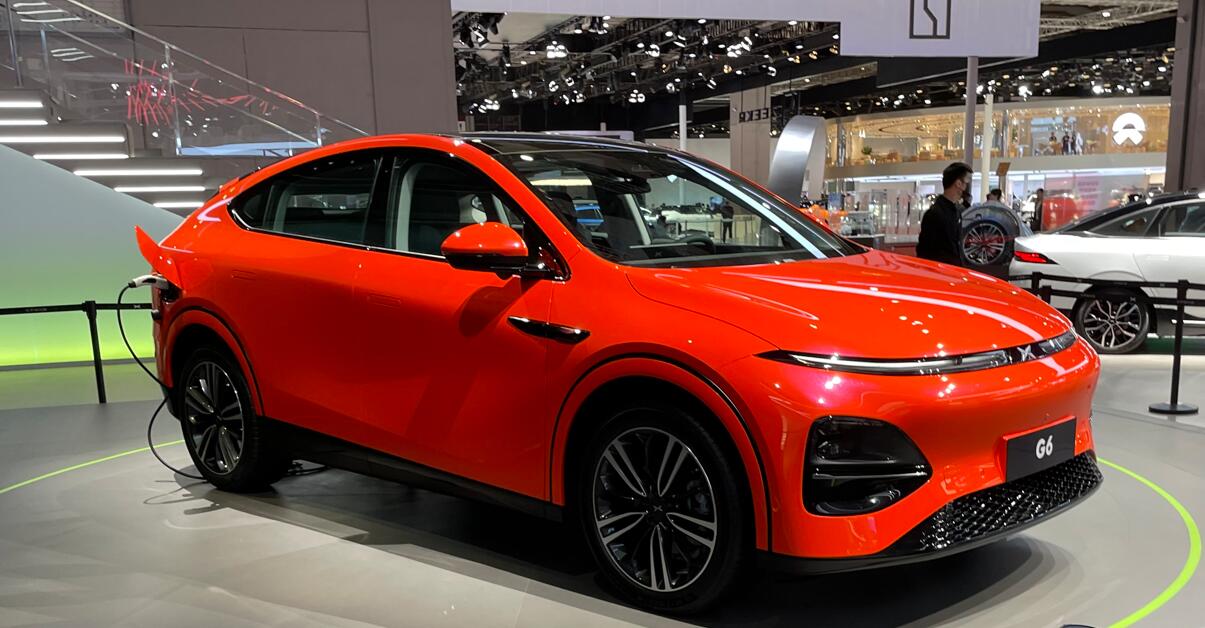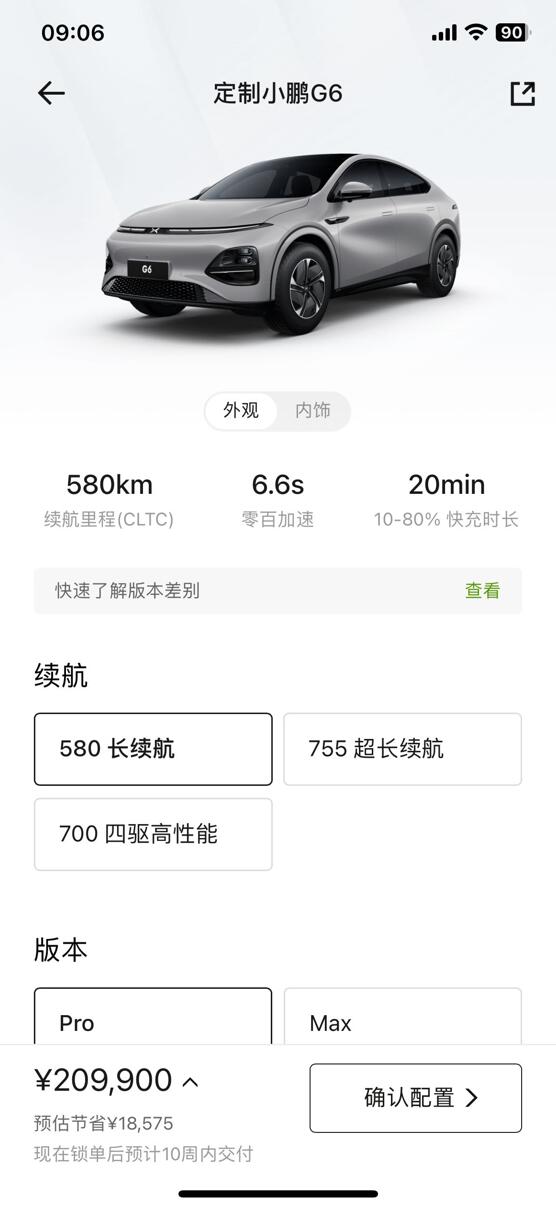Auto industry players should not disrupt fair competition with abnormal prices and should avoid cutting prices in a reckless manner, a MIIT official said.

(Image credit: CnEVPost)
Price wars are clearly not what China's main industry regulator wants to see.
An official from China's Ministry of Industry and Information Technology (MIIT) said at the 2023 China Auto Forum in Shanghai on July 6 that participants in the country's auto industry should not compete with abnormal prices, according to a report on state broadcaster CCTV today.
So far this year, the Chinese auto industry has seen the largest wave of price cuts in its history, including more than 100 models from more than 30 brands, some at any cost, the report noted.
In response to the phenomenon, the MIIT source said that the development of China's auto industry has entered a new phase, with new energy vehicles (NEVs) forming a certain lead and auto companies should regulate their marketing activities, the report said.
Auto industry players should not disrupt fair competition with abnormal prices and should avoid reckless price cuts, while strengthening technological innovation and improving product quality, the MIIT official Miao Changxing was quoted as saying in the report.
Yesterday, the China Association of Automobile Manufacturers (CAAM) and 16 major automakers jointly signed a pledge to maintain fair market order in the auto industry.
The 16 car companies include BYD, Nio, Li Auto, Xpeng, Tesla, SAIC, Geely and Great Wall Motor, who pledged to maintain a fair competition order and not to disrupt the order in the market with abnormal prices.
The initiative is just the beginning, and further restraint on bad behavior, including malicious price cuts, will depend on self-regulation and regulatory means, Fu Bingfeng, executive vice-president and secretary general of the CAAM, was quoted by CCTV in the report today.
Separately, Xu Changming, vice director of the National Information Center, said yesterday at the 2023 China Auto Forum that Tesla's average profit per vehicle is high enough that it has ammunition if it wants to fight price wars.
Tesla has previously cut its price in China by RMB 30,000 yuan ($4,140), and its average profit per vehicle is $10,426, leaving room for a 40,000 yuan price cut if the price war continues, Xu said, according to a video circulating on social media.
The calculation is based only on Tesla's 1.31 million global deliveries last year, and if it reaches its 1.8 million delivery target this year, then costs are expected to fall further, Xu noted.
Tesla's average profit per vehicle is 8.5 times that of BYD, whose figure last year was RMB 8,854 yuan per vehicle, according to Xu.
($1 = RMB 7.2401)
The post Chinese industry regulator says automakers should not compete with abnormal prices appeared first on CnEVPost.
For more articles, please visit CnEVPost.


















